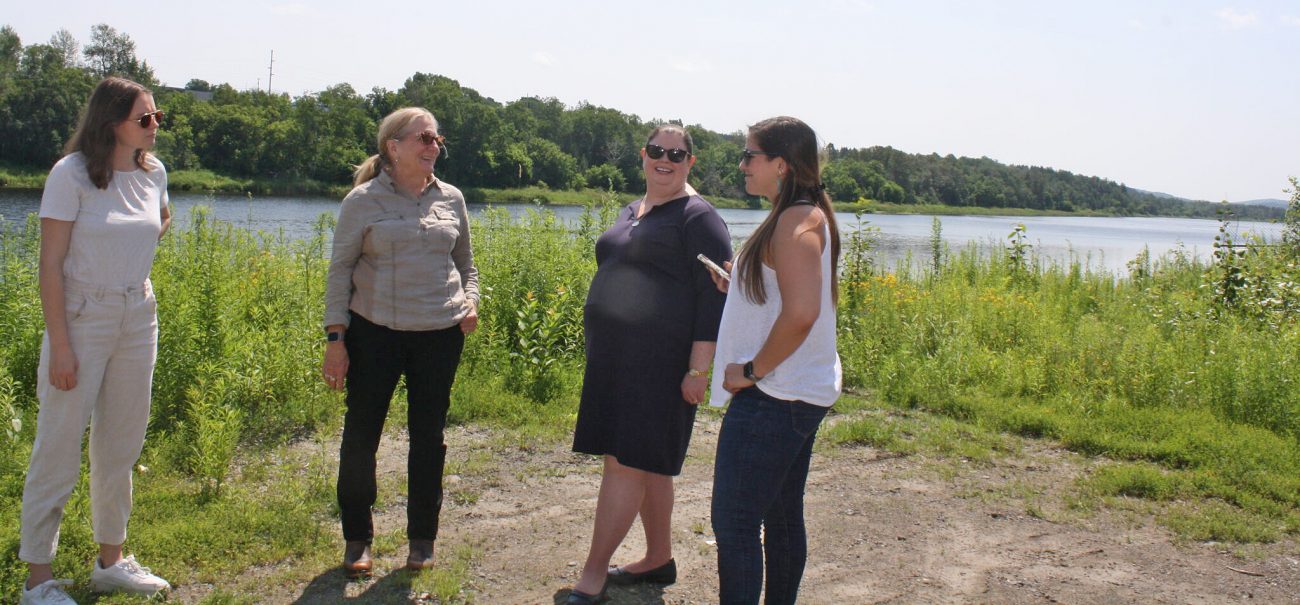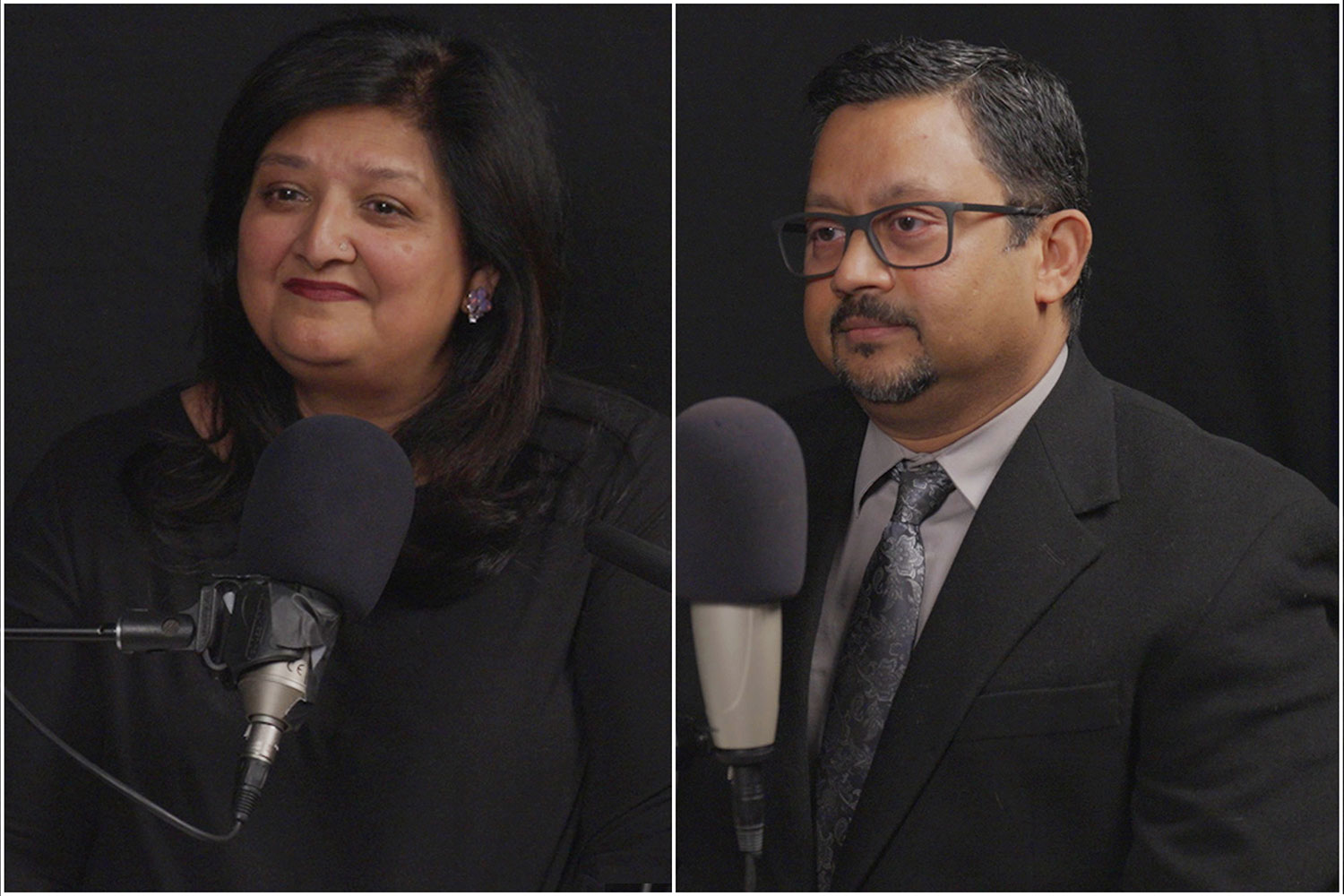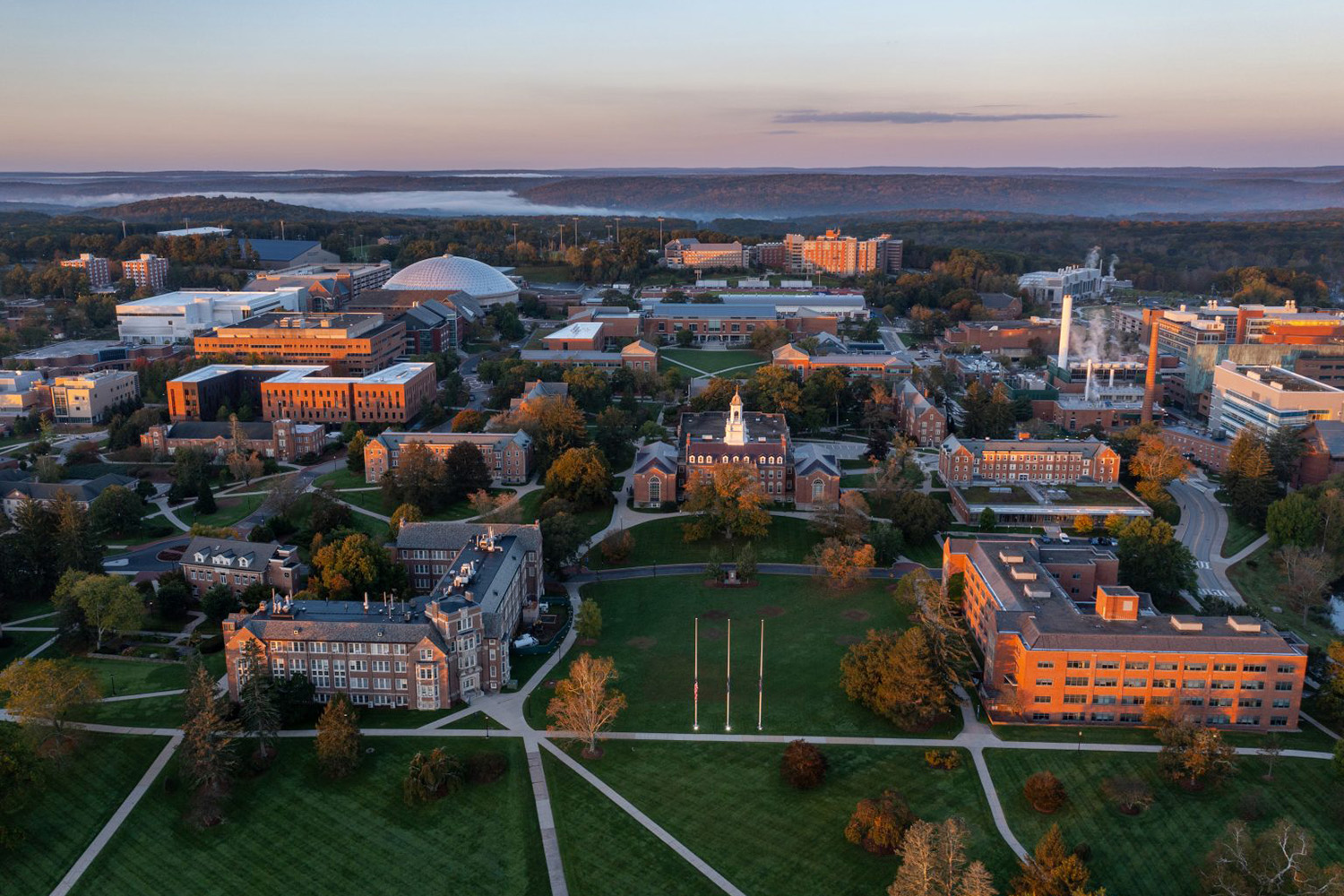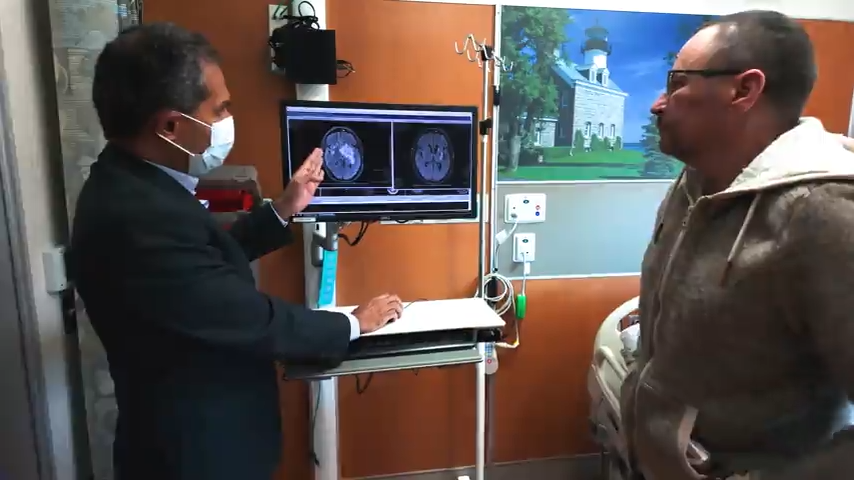With support from a $5M cooperative agreement awarded by the U.S. Environmental Protection Agency (EPA), a team of faculty and staff at the University of Connecticut will continue providing technical assistance to communities encountering the challenges of assessment, cleanup, and revitalization at brownfield sites while protecting public health and promoting environmental justice.
Brownfield sites, which commonly contain contaminated or polluted materials from derelict industrial operations, may present environmentally hazardous conditions for residents residing near such properties. Not to mention, these abandoned properties are sources of blight for the surrounding neighborhood, decreasing property values and discouraging investment.
“The cooperative agreement not only supports the act of identifying brownfield sites, but we’re able to offer assistance pursing grant opportunities, reviewing technical reports and documents, conducting site reuse assessments, explaining regulatory and economic issues, and engage the local community in the redevelopment process,” says Marisa Chrysochoou, professor and head of civil and environmental engineering (CEE) and director of UConn’s Technical Assistance for Brownfields (TAB) program. “We also support continuing education on diverse topics related to brownfields.”
A multidisciplinary team spanning the University (including the College of Engineering; the School of Social Work; the College of Agriculture, Health and Natural Resources; the College of Liberal Arts and Sciences; and UConn Health), TAB is comprised of faculty, graduate student assistants, and staff who have specialized knowledge on environmental pollution and remediation, urban planning, public health, and social work.
The cooperative agreement will support TAB’s efforts from October 2023 through September 2028. The EPA also awarded a $1M grant in October 2021.
As part of the agreement, UConn’s TAB will focus on assisting small, rural, and underserved communities in EPA Region 1, which serves Connecticut, Maine, Massachusetts, New Hampshire, Rhode Island, Vermont and 10 tribal nations. Remediation sites vary in size from one acre to 44 acres, as at the former Gilbert & Bennet Wire Mill property in Redding.
“In New England states, especially, we’re seeing more and more old mill sites that were left abandoned as people made the max exodus to the suburbs,” says environmental engineer Randi Mendes, Ph.D. ’20 (CEE), program manager and community liaison at TAB.
Recent Projects
In 2021-22, UConn assisted 110 communities with direct technical assistance. Projects included a record review on environmental site conditions at a site in East Hampton; a data gap analysis for brownfield sites in Brockton, Massachusetts; redevelopment options and planning for projects in Lyndon, Vermont; and community outreach plans in Claremont, New Hampshire and Bridgeport.

In Claremont, the UConn TAB team hosted an informational workshop for community members concerned with redeveloping an area north of the town’s Sugar River. This former industrial area housed a gas plant and machinery company, which left behind coal tar and other debris.
TAB investigated the area and determined that the 9.5-acre property—which was remediated several years ago by the EPA—didn’t pose a threat for contaminates to leach into groundwater. The area was deemed safe for development. During the workshop, residents suggested that a river walk, brew pub, farmers’ market and amphitheater may be good uses of the land.

In Bridgeport, TAB worked with the community and local government on creating an informational storymap regarding the transformation of “Mt. Trashmore” to “Mt. Growmore.” From the late 1980s to 1993, a site at the east end of the city contained a 35-foot-high pile of debris and waste from construction and illegal dumping which spurred an environmental justice movement that continues today. The community, along with local politicians and more than 50 grassroots partners, are working to revitalize the area into a wellness campus that will counter food insecurity, provide workforce development, and create entrepreneurial opportunities for job creation in the food production sector.
And most recently, Mendes and TAB social worker Katie Malgioglio traveled to Caribou, Maine in July to speak with the city manager about ways TAB can assist the community with awareness of clean-up projects near the Aroostook River. There, the EPA is funding the demolition of a former diesel power plant near the riverfront and town leaders hope to reimagine the site as a new recreational area with trails and a boat launch. TAB has since created an information website that allows members of the community to submit comments on how they envision the area be used.
Student Involvement
TAB’s Municipal Assistance Program (MAP) helped 38 disadvantaged communities through the activities of the service-learning Brownfields Redevelopment courses at UConn.
“The MAP program, in particular, is a wonderful way we can get undergraduates involved in research that helps them grow as students, but also benefits the communities they serve,” Mendes said. “It’s also a way students can gain real world experience and have learning opportunities they wouldn’t otherwise have in a classroom setting.”
Recent UConn alumni Kelly Repaci ’22 (CLAS) and Tori Thornton ’22 (CLAS) for example, spent their spring 2022 semester working on a community engagement project in Bethlehem, New Hampshire.
In 1978, a Bethlehem landmark—the Sinclair Hotel—burned to the ground leaving behind a 4.8-acre plot of overgrown land, richly contaminated with asbestos and polycyclic aromatic hydrocarbon. For 41 years, the lot sat abandoned on the town’s Main Street until 2021, when the town began efforts to remediate the site for commercial and residential development. Repaci and Thornton worked with the community development group Bethlehem Reimagined to create a community engagement plan. The plan offers a framework to alert and involve the public during the planning, investigating, and redevelop phase of the overall project.
This fall, TAB is already hosting a webinar series that offers information on applying for the EPA’s Multipurpose, Assessment, and Cleanup (MAC) grants, and is preparing for the two-day Brownfields Summit 2024.
For more information, visit UConn TAB.



